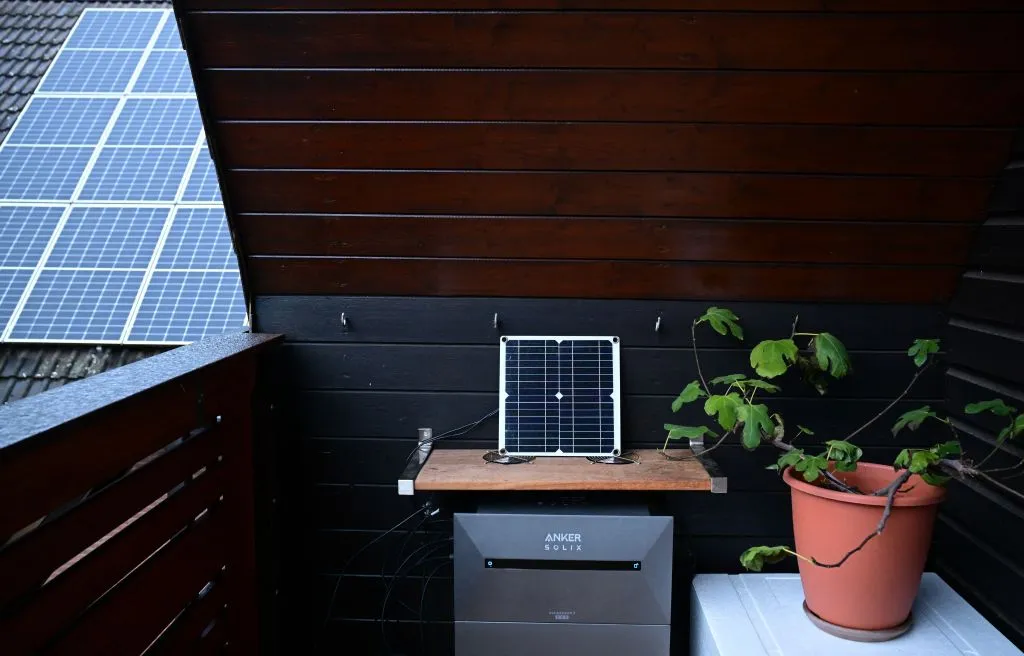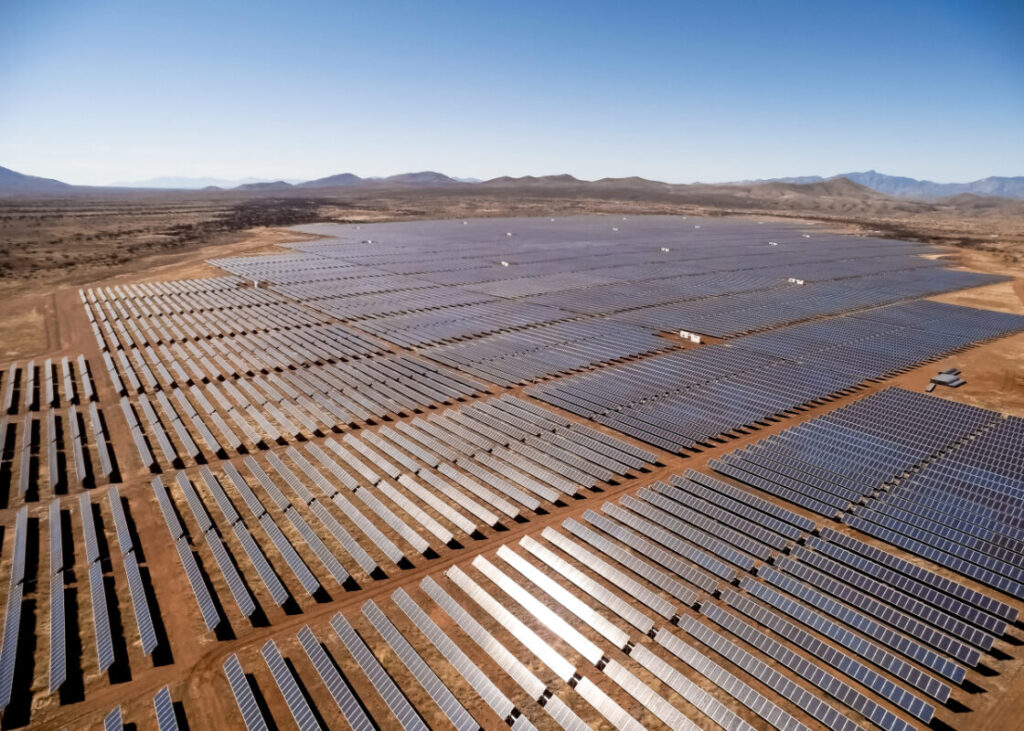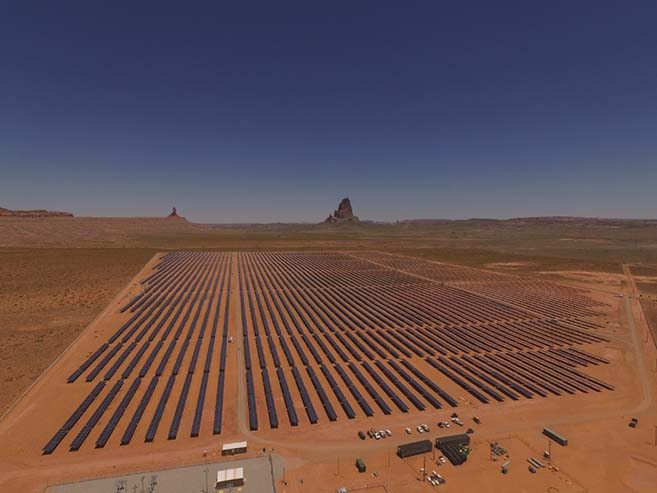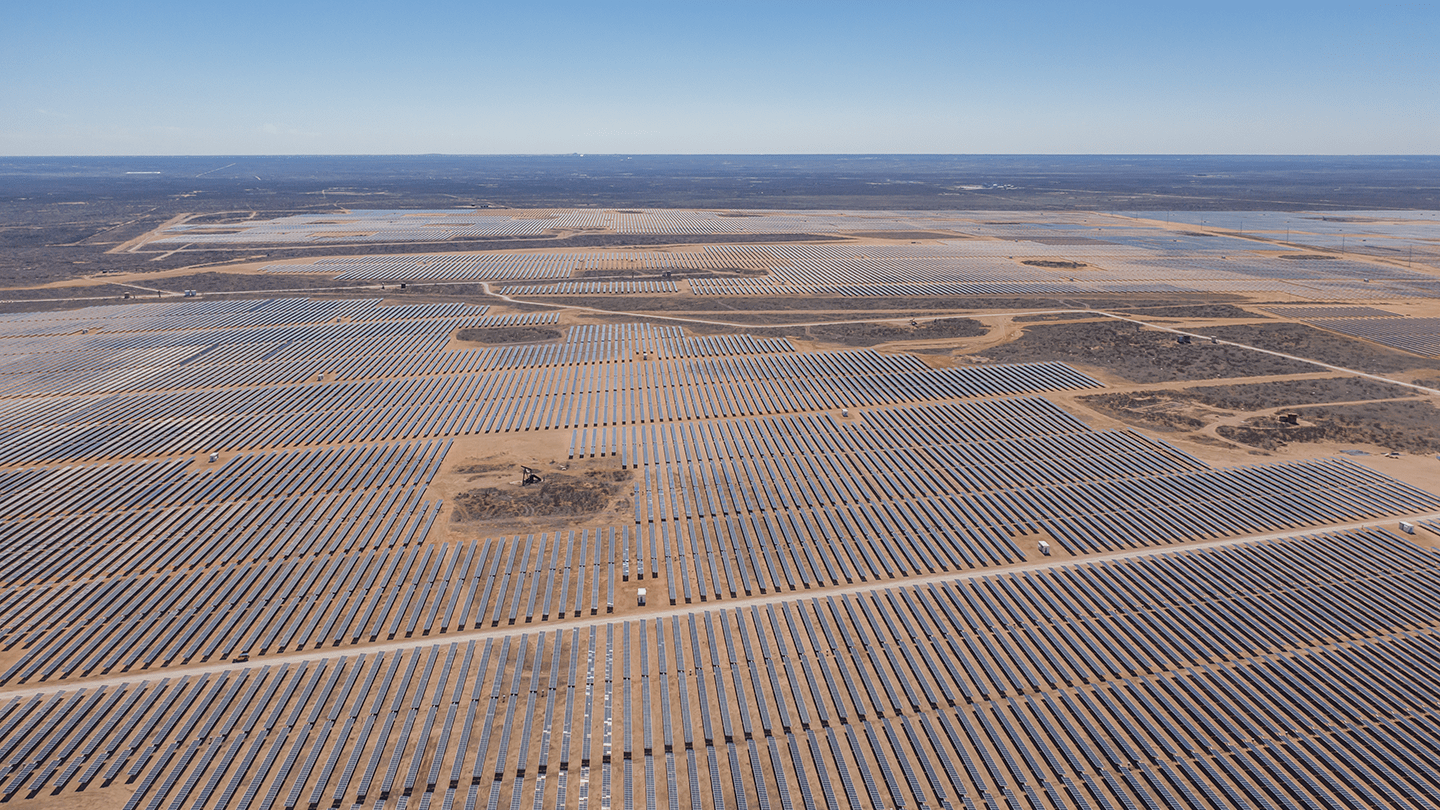Oh, to be in Europe right now.
Technology
This is a most excellent place for technology news and articles.
Our Rules
- Follow the lemmy.world rules.
- Only tech related news or articles.
- Be excellent to each other!
- Mod approved content bots can post up to 10 articles per day.
- Threads asking for personal tech support may be deleted.
- Politics threads may be removed.
- No memes allowed as posts, OK to post as comments.
- Only approved bots from the list below, this includes using AI responses and summaries. To ask if your bot can be added please contact a mod.
- Check for duplicates before posting, duplicates may be removed
- Accounts 7 days and younger will have their posts automatically removed.
Approved Bots
Visa marriages! I think here in Sweden at least it's not super difficult to get permanent residency via cohabitation, and cohabitation doesn't even require any particular paperwork. Granted, it's been a while since I looked into it, and with a government that's all chummy with the alt-right our immigration rules have gotten tighter, so things might've changed.
I'm hoping with the massive anti-US sentiment going right now, that the next government won't be right wing.
It's gotten significantly worse in basically every regard here in Sweden with regards to immigration, unfortunately.
Yay for Neo-Nazis in government. :(
I've never heard of balcony solar panels, much less ones you plug right into an outlet? Asked my German roomie and he's got no clue either.
How does plugging a power source into an outlet work? I'm no electrician, so that sounds bananas to me.
It detects a voltage connected to the plug and starts feeding with slightly higher voltage, done.
These are really common in Germany, even being sold as sets at supermarkets occasionally.
As long as you have one of the old Ferraris style meters, it just runs backwards, these usually pay for themselves in about three years on a sunny balcony that way.
Huh, the wiring just supports power spontaneously coming from an exit point rather than an entry? Is that commonplace?
Either way, that's fascinating! Thanks for taking the time to enlighten me!
My parents recently bought a couple and put them on the shed, you plug it in and magically, it feeds electricity into your home power network. No idea how bit it definitely works!
Micro solar is doable for anyone with yard space though. Forget the grid and buy some battery storage, put all the electronics into a small shed (like a garbage can box or something, an enclosure to keep out rain). Put up panels anywhere you want. Run the inverter output into your house.
Got a friend with a cabin, and instead of a whole grid they found it simpler to plug their secondhand panels into a battery pack about the size of a car battery that has 110v, 12v, and USB outlets. They charge on the panels at home and it lasts the weekend at the cabin.
With the current FAA problems, do y’all really want more things taking off?
Because they don't have propellers?
In countries like Germany, balcony-mounted solar panels are all the rage.
First image is of an overcast sky with a guy with two nearly-vertical solar panels

Third image is of a small solar panel under a roof receiving a little bit of light at an extreme angle through an opening in a covered attic balcony

Here's a solar farm in the US:
https://www.energy-storage.news/wp-content/uploads/2024/08/de-shaw-1024x731.jpg

It's pulling a lot more power per panel.
Another:
https://www.fhwa.dot.gov/ipd/images/project_profiles/img_az_navajo_nation_kayenta_solar_program.jpg

Another:

Does it make sense to stick solar panels on a house relative to drawing power from a solar farm? Sure, it can, if your house is remote and it's costly to connect it to the grid, or if what you're after is a secondary, backup source of power if you lose grid connectivity.
But if what you want is cost-effective generation, it's preferable to stick a panel on a solar farm somewhere where one can leverage economies of scale, maintenance is easy and done by someone who maintains a ton of these on a regular basis, and where you're optimizing location and panel orientation for solar potential.
Like, if you want more solar power on the European grid, you probably want more solar farms in Spain, which has substantially more solar potential than Germany:
https://globalsolaratlas.info/
Not someone sticking them on their balcony in Germany.
What Germany could do to help solar and wind, if it wants to do so, is drop complaints about building (inexpensive) above-ground transmission pylons, which would help smooth out different generation at different locations on the European grid.
Farmers and grid operators demand end to rules prioritising underground power lines in Germany
The Federal Requirement Plan Act (Bundesbedarfsplangesetzes), which provides a legal framework for the construction of the high-voltage transmission lines needed to reshape the power grid as ever-more of Germany’s power supply comes from renewables, prioritises underground cables over the construction of visible pylons, which have been met with public resistance.
“So far, we are assuming that all projects will be realised as underground cables,” a BNetzA spokesperson told the paper.
EDIT: If you want to criticize the US for something as solar goes, it'd probably be Trump throwing tariffs on everything, which makes it more costly to deploy solar panels and other electrical hardware manufactured abroad.
I think you're comparing apples to oranges.
The main selling point for a "Balkonkraftwerk" is that it's cheap and doesn't require an electrician to install.
That way they pay off rather quickly and result in a lower electricity bill when you look at a span of 10-15 Years.
Solar farms in Spain on the other hand require massive investments in Infrastructure and the farms themselves. Not to say they're a bad idea, but it's a very different thing.
That way they pay off rather quickly and result in a lower electricity bill when you look at a span of 10-15 Years.
In the US, a lot of problems have arisen around residential solar installation companies providing loans using questionable, if not outright fraudulent sales tactics based around misrepresenting returns.
https://time.com/6565415/rooftop-solar-industry-collapse/
The Rooftop Solar Industry Could Be on the Verge of Collapse
A decade ago, someone knocking on your door to sell you solar panels would have been selling you solar panels. Now, they are probably selling you a financial product—likely a lease or a loan.
Mary Ann Jones, 83, didn’t realize this had happened to her until she received a call last year from GoodLeap, a financial technology company, saying she owed $52,564.28 for a solar panel loan that expires when she’s 106, and costs more than she originally paid for her house.
In 2022, she says, a door-to-door salesman from the company Solgen Construction showed up at her house on the outskirts of Fresno, Calif., pushing what he claimed was a government program affiliated with her utility to get her free solar panels. At one point, he had her touch his tablet device, she says, but he never said she was signing a contract with Solgen or a loan document with GoodLeap. Unbeknownst to Jones, the salesman used "yoursolarguyujosh@gmail.com" as her purported email address—that of course, was not her email address. She’s on a fixed income of $960 a month, and cannot afford the loan she says she was tricked into signing up for; she’s now fighting both Solgen and Goodleap in court.
Her case is not uncommon. Solar customers across the country say that salespeople obscure the specific terms of the financial agreements and cloud the value of the products they peddle. Related court cases are starting to pile up. “I have been practicing consumer law for over a decade, and I’ve never seen anything like what we are seeing in the solar industry right now,” says Kristin Kemnitzer, who represents Jones and says her firm gets “multiple” calls every week from potential clients with similar stories.
Companies running solar farms, on the other hand, have bean-counters in place who are in a legitimate position to run the numbers, and those companies take on the risk themselves. With residential solar, it's not companies saying "hey, we'll put our capital on the line, and just want somewhere to put a panel", it's "here's a graph and some numbers, and there's a great investment opportunity for you with your capital...just sign on the line here!" Needless to say, this opens the door to a lot of potential unpleasantness.
EDIT: If a company sends a guy to your doorstep to tell you how they have a fantastic investment opportunity for you and your money which will make you a great return, a good response is to ask them why they don't want to make the investment themselves. Is it generosity on their part, letting you enjoy the benefit of the investment?
If a solar panel installer wants to put panels on a roof I own, that's fine with me. All they have to do is pay me for the space on my roof and cover the cost of the hardware and its installation. In return, I will let them have the entire value of the generation done, rather than taking it myself. If this is a legitimate investment with a valid return for the party putting money down, then they should be happy to do that.
One notices that there are no residential solar installer companies who are engaging in that sort of arrangement. Cell tower companies do that with cell infrastructure, but not residential solar installers. Hmmm.
While I agree with your sentiment, I'm not sure the cell tower is a good comparison. Very few if any cell towers are installed on a residential single family roof. Leasing part of your plot of land or space on a commercial or multi unit building is a completely different problem than giving a company rights to part of a frame residential home. Who maintains the roof? Who insures the roof? What insurance company will write that policy? It's already getting more complicated to insure rooftop solar because claims are climbing. Now you've got a roof leased to someone else with solar panels on it? Seems to me like any commercial venture would skip all that and go straight to buying or leasing land. Land with no homes. This is the US after all, we have plenty of that laying around.
Companies are offering rooftop solar owned by the residents because they want it, they want the benefits. The problem is that it's rapidly growing and a great target for scams. Especially considering the age demographic of homeowners who have paid off enough of their mortgage that they have collateral for said loans. These companies should be regulated and vetted somehow.
There is a benefit to putting solar close to the load. Less transmission losses/upkeep.
There is a benefit to putting solar on roofs/buildings... Less environmental impact.
https://www.eia.gov/tools/faqs/faq.php?id=105&t=3
The U.S. Energy Information Administration (EIA) estimates that annual electricity transmission and distribution (T&D) losses averaged about 5% of the electricity transmitted and distributed in the United States in 2018 through 2022.
As per the globalsolaratlas map I linked above, you have on the order of 50% more solar potential in Spain than Germany. And that's before one considers alignment, shade from surrounding structures and vegetation, and similar factors that affect sticking panels on a house, which favor solar farms.
I love how you address only 1/3 of the items I brought up!
I have 0% loss on my house (except for the inverter losses, which the solar farms would incur as well). With 0 trees blocking anything.

Upkeeping massive transmission lines isn't free. Adapting solar to the current grid also isn't free and lossless. Transformers on the road to bring down voltage are a 1-2% loss on their own.
Massive fields of solar has upkeep/environmental costs as well.
If you choose to misconstrue me bringing up valid points as to why we should also be installing solar on buildings as an argument to never install solar farms... that's up to you. But there is value to putting production as close to load as possible.
I love how you address only 1/3 of the items I brought up!
You brought up losses and environmental impact. I addressed only losses.
Okay. "Environmental impact" is hard to quantify, but you could try and put a dollar figure on the cost of putting a solar panel in the desert. You should already be internalizing any costs, though, and that's not where companies are choosing to stick solar farms.
But there is value to putting production as close to load as possible.
Sure. It's just that having solar panels on balconies relative to solar farms in a desert is outweighed by the drawbacks, if your goal is cost-efficient generation (which as I pointed out in my original post, isn't always the primary concern).
I brought up losses, upkeep, AND environmental impact.
All three of these items affect the cost of generation that you're ignoring.